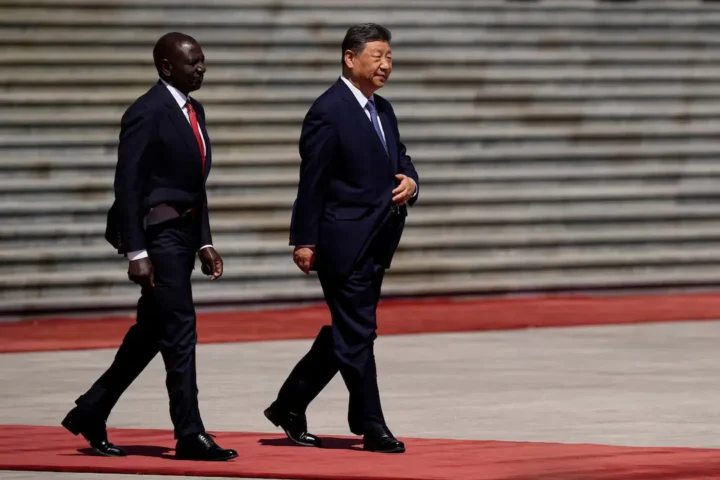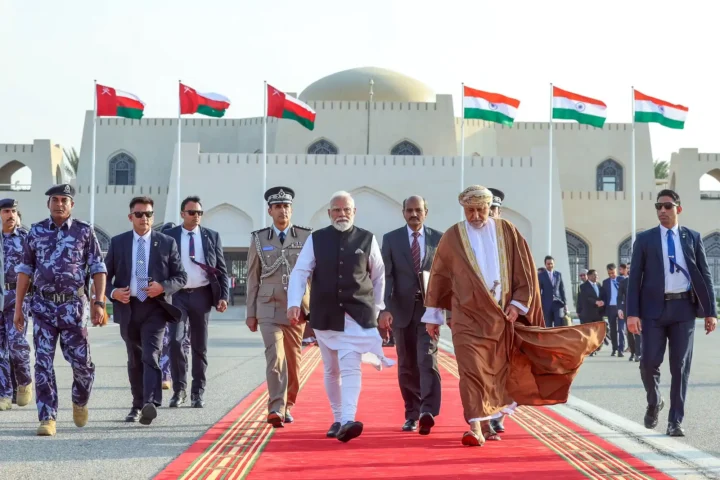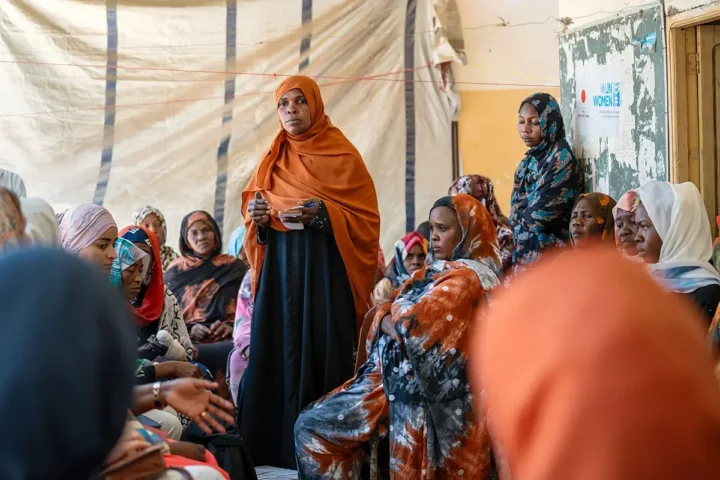Rwanda and the Democratic Republic of Congo (DRC) have signed a historic peace agreement in Washington, D.C., aiming to end decades of deadly conflict in eastern Congo and open the door to Western investment in one of the world’s richest mineral regions.
Breakthrough After Years of Conflict
The agreement, brokered by the United States and Qatar, was formalized on Friday by the foreign ministers of both countries at the US State Department, with US Secretary of State Marco Rubio presiding. The deal is being hailed as a major diplomatic breakthrough following years of fighting that has killed thousands and displaced millions, particularly in Congo’s eastern provinces.
Key Provisions of the Deal
- Ceasefire and Disengagement: The deal stipulates an immediate prohibition of hostilities and calls for the disengagement, disarmament, and conditional integration of non-state armed groups operating in eastern Congo, notably the M23 rebels, who have seized major cities and mining regions this year.
- Withdrawal of Foreign Troops: Rwanda has agreed to withdraw thousands of its troops from eastern Congo within 90 days, with a monitoring mechanism in place to verify compliance. In return, Congo is expected to wind down military operations against the Democratic Forces for the Liberation of Rwanda (FDLR), an armed group linked to the 1994 Rwandan genocide.
- Regional Economic Integration: Within 90 days, both countries will launch a regional economic integration framework intended to attract billions of dollars in Western investment, particularly in critical minerals such as cobalt, lithium, coltan, and tantalum—resources vital to global technology industries.
- Security Cooperation: A joint security mechanism will be established within 30 days to oversee the implementation of the agreement and ensure the safe return of displaced families.
US Role and Strategic Interests
The United States played a central role in brokering the agreement, with President Donald Trump and Secretary of State Rubio emphasizing both the humanitarian and economic stakes. Trump described the deal as “a significant moment following three decades of warfare,” and highlighted the importance of securing US access to Congo’s mineral wealth amid growing competition with China for influence in Africa.
Challenges and Skepticism
Despite the optimism, several challenges remain:
- M23 Rebels Not Directly Involved: The M23 group, widely believed to be backed by Rwanda, was not a direct party to the negotiations. Its leaders have stated that the agreement does not apply to them, raising doubts about the prospects for a comprehensive ceasefire.
- Humanitarian Crisis: With more than seven million people displaced and ongoing violence, the United Nations has called the situation in eastern Congo “one of the most prolonged, intricate, and severe humanitarian crises on the planet”.
- Implementation Uncertainties: Analysts and local leaders warn that previous peace deals have failed, and the success of this accord will depend on the commitment of all parties, including non-state armed groups, and on international oversight.
Regional and Global Implications
The peace deal is seen as a potential turning point for Central Africa, with the promise of stability, economic development, and the return of refugees. However, experts stress that lasting peace will require not just agreements between governments, but also meaningful inclusion of local communities, accountability for past atrocities, and equitable sharing of resources.
As the world watches, the coming months will be critical in determining whether this agreement can finally bring peace to a region long scarred by violence and exploitation.






